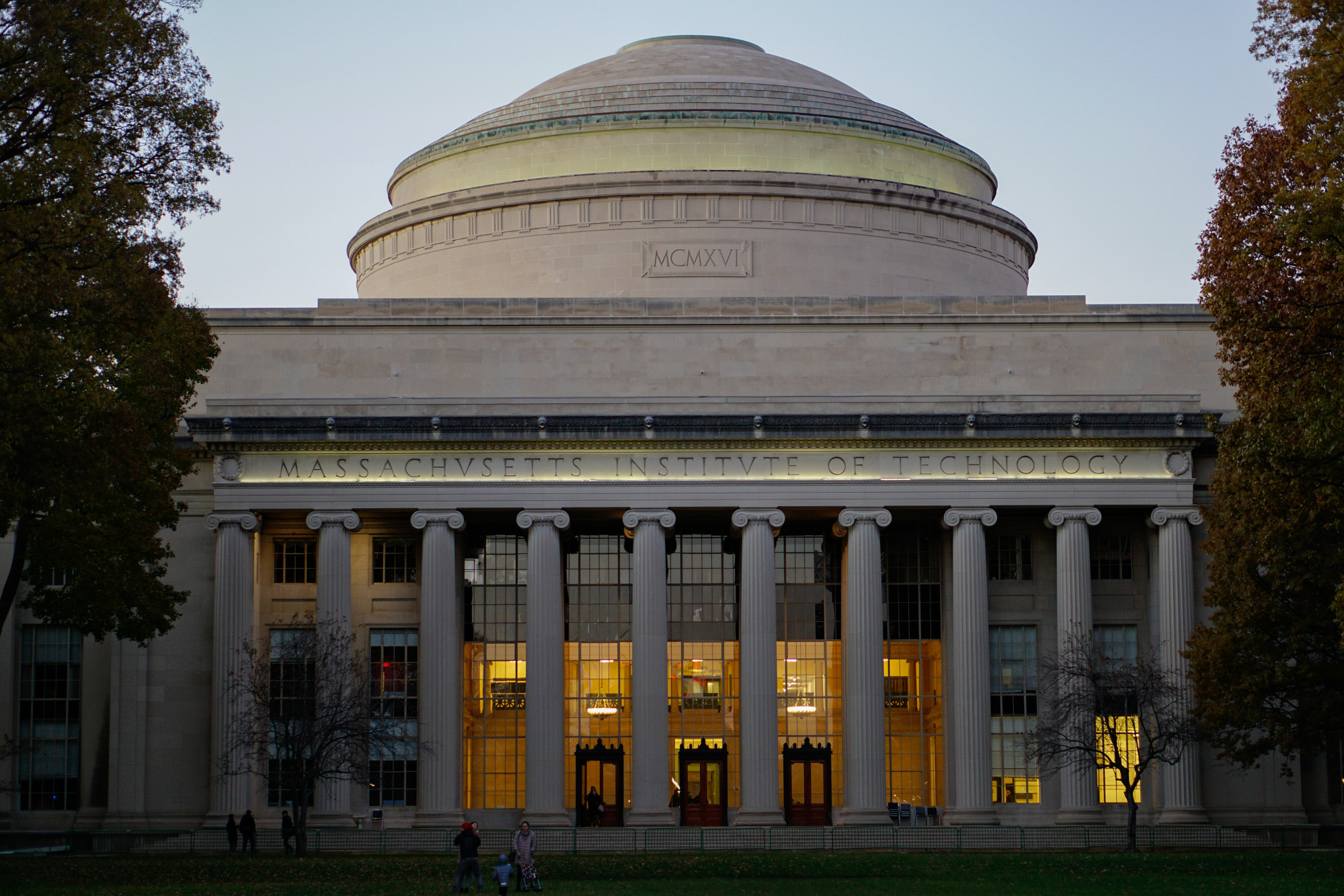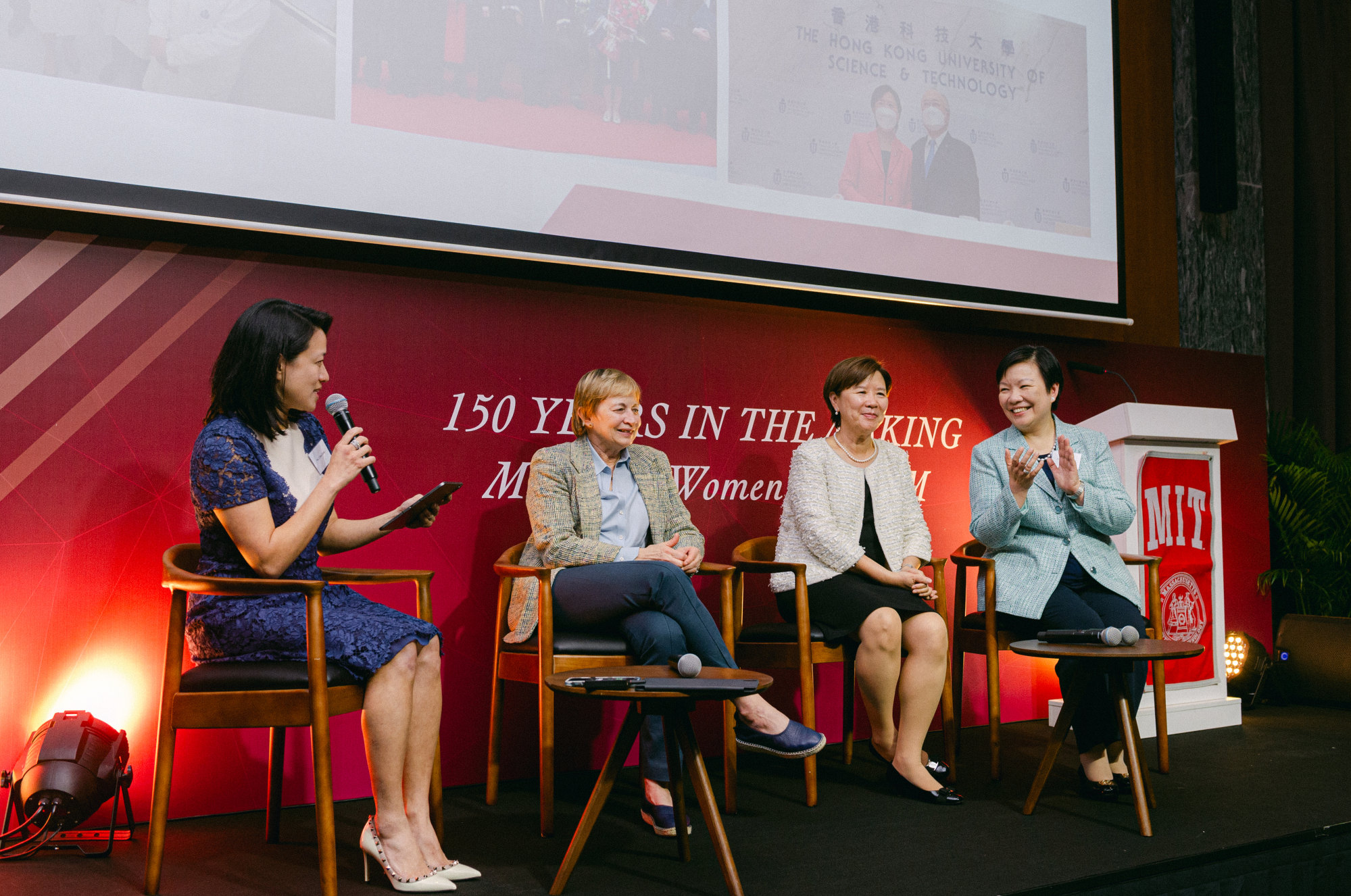
US academics call for greater diversity in postdoctoral studies on 150th anniversary of MIT’s first woman graduate
- At an event in Hong Kong to mark the 150th anniversary of MIT’s first woman graduate, academic luminaries underscored the need for greater gender diversity in postdoctoral studies
- MIT President Sally Kornbluth said there’s ‘great risk to closing off interactions’ amid the current complex geopolitical environment
Speaking at an event organised by the MIT Club of Hong Kong, the university’s President Sally Kornbluth stressed the importance of maintaining free scientific exchange while remaining mindful of the “complex geopolitical environment”.

“We have to balance opportunity and risk here,” she said. “I would hope that our interactions at an academic level will continue as they have for many, many years.”
Kornbluth also spoke about the importance of providing young girls with STEM (science, technology, engineering and mathematics) role models at the event, which was held in celebration of the 150th anniversary of Ellen Swallow Richards’s graduation from the university.
Richards – the first woman ever admitted to MIT – received her Bachelor of Science degree in 1873, 12 years after the university was established.
‘Extreme’ US-China rivalry could be economically ‘disastrous’: Singapore’s Wong
Maria Zuber, vice-president for research at MIT, also spoke at the event on the representation and inclusion of women, which she said had grown in leaps and bounds at the university – except postdoctoral studies.
Only 33 per cent of postdoctoral scholars at MIT this year are women, said Zuber, who is also the E.A. Griswold Professor of Geophysics at the university. In 2021, Zuber was named co-chair of the President Council of Advisors on Science and Technology by US President Joe Biden.
“You can see over the last number of years it hasn’t gotten much better in terms of the recruiting of postdoctoral scholars, even though the number of women getting PhDs is better,” she said.

Zuber was also joined by Nancy Ip, a renowned neuroscientist and president of the Hong Kong University of Science and Technology, and Helen Meng, professor of systems engineering and engineering management at the Chinese University of Hong Kong (CUHK), for an informal conversation.
Ip had a promising career as a senior scientist at Regeneron Pharmaceuticals Inc in New York, but decided to leave the position to return to her home city. “I was committed to contribute to science and technology development in Hong Kong, which is where I was born and raised,” she said.
Ip said that throughout her career, she would often find herself as the only woman at the table, in both academic and professional settings.
But she did not let this deter her. “I don’t think of myself as the only female in that kind of setting, I just do the work the way I know how, and let my work speak for itself,” she said. “I don’t try to change how others view me because my own opinion is what’s most important.”
Break glass ceiling for China’s women in science, ‘two sessions’ adviser says
And Meng – the first woman head of CUHK’s engineering department – underscored the importance of diversity in scientific research, saying that technology and innovation should serve all sections of society.
The event also marked the announcement of the ESR150 Asia Scholarship for Women Fund, named after MIT alumni Richards’ initials.
The scholarship was established by the MIT Club of Hong Kong to “encourage and enhance opportunities for female applicants from the region to pursue studies at MIT”.
Donations to the fund opened last month, with the MIT Club of Hong Kong hoping to achieve a principal fund of US$500,000 by June 2024.

